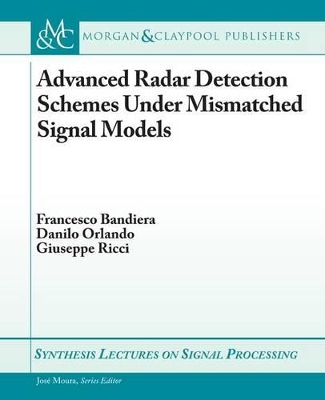Adaptive detection of signals embedded in correlated Gaussian noise has been an active field of research in the last decades. This topic is important in many areas of signal processing such as, just to give some examples, radar, sonar, communications, and hyperspectral imaging. Most of the existing adaptive algorithms have been designed following the lead of the derivation of Kelly's detector which assumes perfect knowledge of the target steering vector. However, in realistic scenarios, mismatches are likely to occur due to both environmental and instrumental factors. When a mismatched signal is present in the data under test, conventional algorithms may suffer severe performance degradation. The presence of strong interferers in the cell under test makes the detection task even more challenging. An effective way to cope with this scenario relies on the use of ""tunable"" detectors, i.e., detectors capable of changing their directivity through the tuning of proper parameters. The aim of this book is to present some recent advances in the design of tunable detectors and the focus is on the so-called two-stage detectors, i.e., adaptive algorithms obtained cascading two detectors with opposite behaviors. We derive exact closed-form expressions for the resulting probability of false alarm and the probability of detection for both matched and mismatched signals embedded in homogeneous Gaussian noise. It turns out that such solutions guarantee a wide operational range in terms of tunability while retaining, at the same time, an overall performance in presence of matched signals commensurate with Kelly's detector.
- ISBN10 1598298429
- ISBN13 9781598298420
- Publish Date 8 March 2009 (first published 18 February 2009)
- Publish Status Temporarily Withdrawn
- Imprint Morgan & Claypool
- Format eBook
- Pages 105
- Language English
